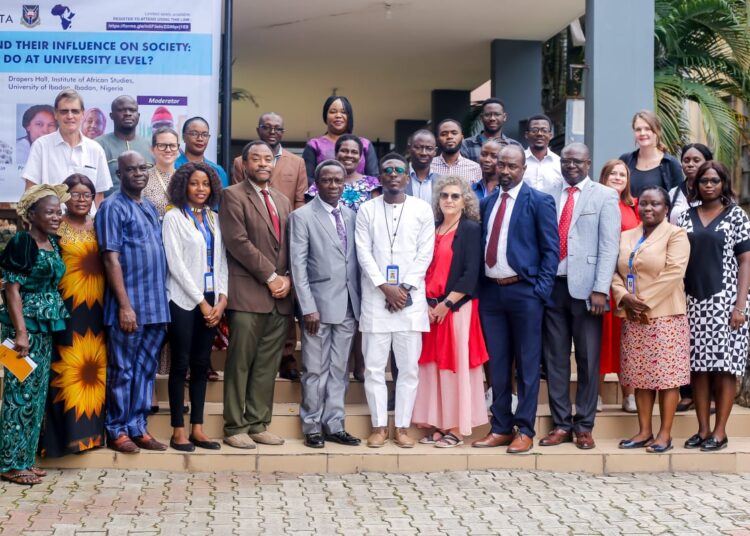A Fellow of Consortium for Advanced Research Training in Africa (CARTA), Dr Kudus Oluwatoyin Adebayo has charged the Federal Government, through the Coordinating Minister of Health and Social Welfare, Prof Ali Pate, to attend to staff shortfall affecting quality health service delivery in tertiary health institutions in the country.
This is because stakeholders have observed that health professionals in all units in tertiary hospitals in Nigeria have emigrated in their thousands for greener pastures abroad.
The University of Ibadan don gave the charge at the dissemination workshop on a project funded by CARTA on the “Lived Experiences of Migrating Informal Caregivers” (LEMIC) held at the Institute of Africa Studies, University of Ibadan.
While noting that federal government needs to mobilise fund to support health service delivery in tertiary institutions across the country, the principal investigator noted that informal caregivers of hospitalized patients who live within and around Nigerian hospitals need to be captured in hospital care system by designing and implementing a sustainable policy model for informal caregiving.
Dr Adebayo while presenting the findings of the study alongside members of the team (Dr Mofeyisara Omobowale, Rukayat Usman, Funmilayo Omodara and Atinuke Olujimi) said relatives of patients are forced to stay back to take care of the relatives because the seek care far from home and cost of commuting is huge. While some desire to be near their sick relatives, many have limited choice but to stay, as the hospital needs them to run errands and fill the gap left by staff shortages.
The Don urged the federal government to mobilise funds for tertiary hospitals to utilize more technology to improve healthcare service delivery to minimize reliance on informal caregivers.
The researcher also added that there is the need to “alleviate the plight of informal caregivers by prioritizing their wellbeing. This includes assisting them in preparing for long-distance referrals, improving facilities, training staff, and reversing the dependency on informal caregivers.”
The research team stated that this is important for government, hospital management, ministry of health and social workers because “informal caregivers face many challenges related to health and wellbeing, facility deficiencies, social and economic issues, security and safety, relational and attitudinal problems and hygiene maintenance”.
In her remarks, the University Co-focal person, CARTA, Dr Olufunke Fayehun disclosed that the consortium has spend $3.6million on 36 personnel of the University of Ibadan in the past 12 years for doctoral training, adding that “25 have graduated while 11 fellows are still on their PhD programs at Ibadan or other CARTA partner institutions outside Nigeria”.
According to Dr Fayehun, CARTA hopes that the findings of the funded research will inform policy and program formulation and implementation that acknowledges caregivers’ role in hospitalization care in Nigeria.














